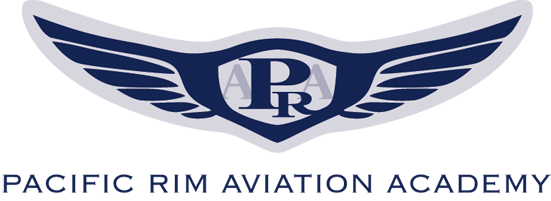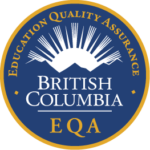FAQ: Frequently Asked Questions
-
Vision must be correctable to 20/20.
-
The cost of training varies for each individual. Therefore flight schools often provide estimates for the programs. Click here to see our current rates and program costs.
-
Recreational Permit Cat 4 Family Doctor Valid for 5 years
Private Pilot License Cat 3 Aviation Doctor Valid for 5 years
Commercial Pilot License Cat 1 Aviation Doctor Valid for 1 year
-
No, you need a medical to fly solo.
However, we recommend getting the process started to ensure there are no delays in your training. Click here to view your closest Civil Aviation Medical Examiner.
Commercial and Instructor candidates must have a Category 1 medical prior to starting the program.
-
-
Click here for a search for
-
No, there is no maximum age to learn to fly. The only requirement is too pass the medical.
-
The International Civil Aviation Organization is a specialized agency of the United Nations that coordinates the principles and techniques of international air navigation and fosters the planning and development of international air transport to ensure safe and orderly growth. They try to standardize aviation worldwide.
-
FLY OFTEN
Pursuing flight training in as short an amount of elapsed time as possible will ensure that you are learning something new each time you go out, instead of trying to re-learn things you were taught last time. As a minimum, try to fly once or twice per week.
PLAN YOUR TRAINING INTELLIGENTLY
Where the requirements for one course are covered in another course, make sure you take the courses in order so as to minimize the amount of flying you have to do. For instance, doing the instrument rating and the commercial pilot licence concurrently may minimize the amount of instrument training you will have to do.
USE THE SIMULATOR
PacRim has a certified instrument flight simulator on-premises, and most courses involving instrument training allow a portion of that training to be performed on a flight simulator. Simulator time is substantially less expensive than flight time.
PREPARE FOR LESSONS
The more time and preparation you put into preparing for the next lesson the more you will get out of it. Prepare for the lesson by reading the manuals, memorizing the procedures, and visualizing the exercises.
STICK WITH ONE INSTRUCTOR
When you are starting out, fly with a couple of instructors. Once you find one you like, stick with that instructor – it will minimize the time it takes you to get your license or rating (which reduces the overall costs).
-
Class I Instructor of Instructor/Supervisor
Class II Supervisor Instructor
Class III Instructor with some experience
Class IV New Instructor
Although this categorization is useful, it is often not an accurate way of determining the quality of instruction.
Check out Our Team at Pacific Rim Aviation Academy.
-
Look for friendly personnel. Meet the instructors. If they seem happy, it’s probably because they are flying for an employer they enjoy, flying well-maintained aircraft.
How long have they been instructing?
Meet the Chief Flight Instructor of the school. Speak with them about your options in flight training.
What is the instructor availability? Full or part-time?
Where can you take ground school? What are the options?
What medical examiner do they recommend?
-
Yes! International students can work up to 20 hours per week while studying full-time.
Check out our Working in Canada Page.
-
Yes, we have enough instructors and aircraft to allow you to fly according to your schedule. Unfortunately, if you can only spend one or less days a week, you will be spending several minutes per flight just reviewing past lessons. As a result, you can expect your license to take significantly longer, and cost a little more as well.
-
Although we do not require IELTS for admissions, it may be required for some applicants in order to obtain a visa. Please check with your local visa office instructions to learn more about the visa requirements.
During the training, students are expected to obtain a minimum of “Operational” during a formal Aviation Language Proficiency Demonstration as required by Transport Canada.
-
We often do our best to hire our own graduates as opposed to hiring externally, however, we cannot guarantee any positions as it will depend on job openings and each candidate’s performance during their training and the recruitment process.























